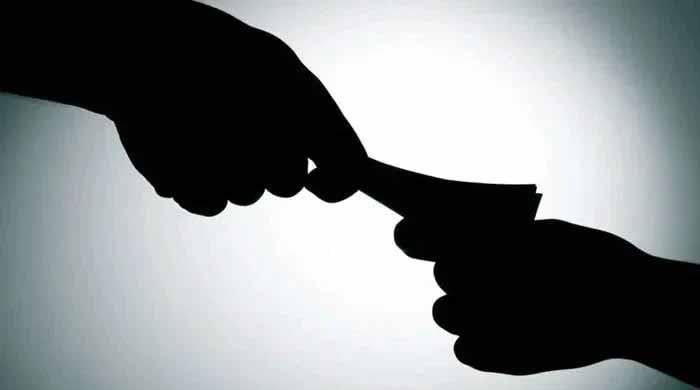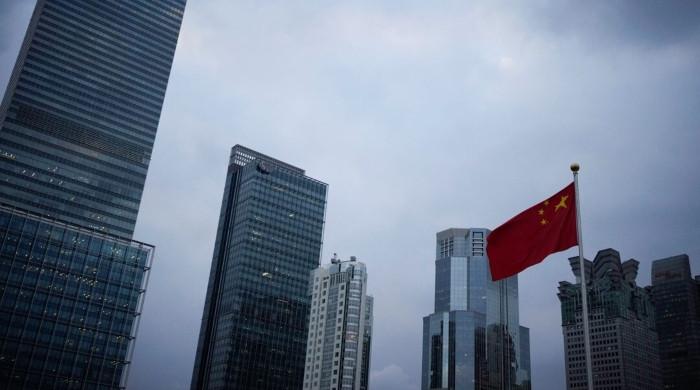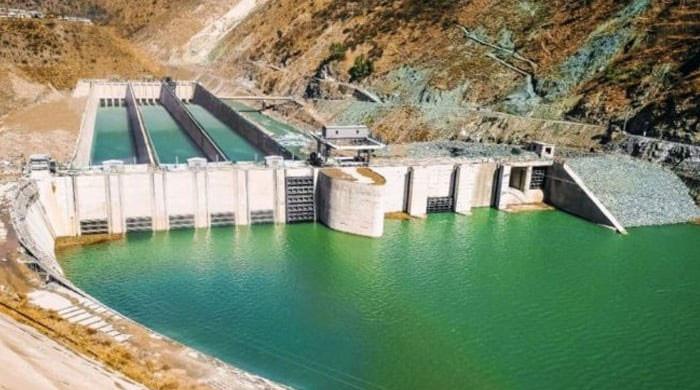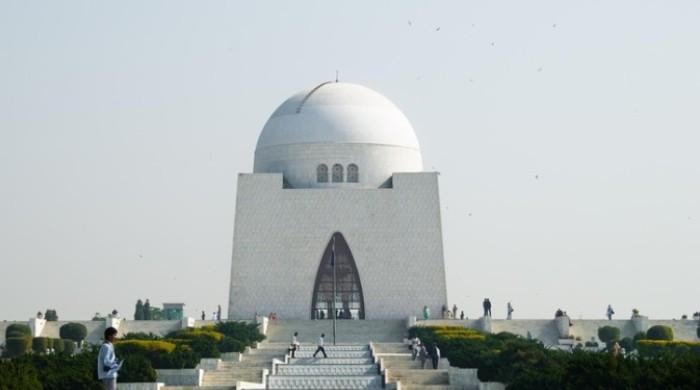Time to correct judicial wrong
Those "dark decisions" changed the dynamics of Pakistani politics and judiciary and to this day we have not been able to recover
October 12, 2023
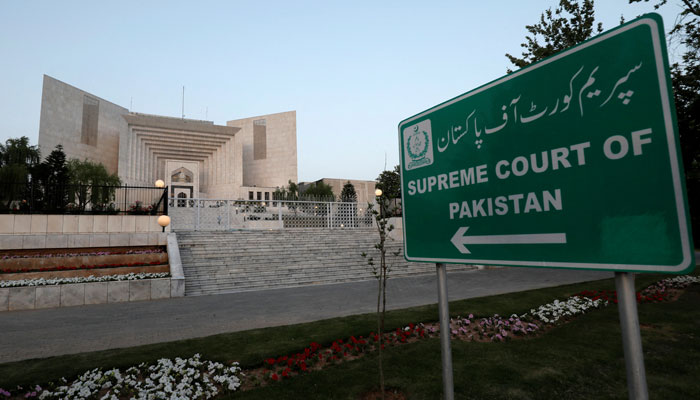
Since 1958, legitimising the "unconstitutional rule" has been the hallmark of the incumbencies of jurists who populate our rather chequered judiciary's "hall of shame" — evident from judgments in Maulvi Tameezuddin Khan, Begum Nusrat Bhutto, and Zafar Ali Shah cases.
However, hats off to those brave judges who stood by the Constitution and sacrificed their jobs but refused to take oath under the Provisional Constitutional Order (PCO).
It is time to "correct the historic wrong" as we observed the 14th anniversary of the fourth military rule imposed on Pakistan on October 12, 1999. On that day the then-military commanders led by former army chief late General (retd) Pervez Musharraf refused to obey the decision of then prime minister Nawaz Sharif to appoint a new army chief — General Ziauddin Butt — and sack Musharraf. The latter ruled the country for nine years —thanks to the Supreme Court (SC) — and the then-premier faced life imprisonment and exile. Here, the question was simple who had the right to rule and who was the legitimate ruler?
Late Justice Saeeduzzaman Siddiqui was the chief justice of the Supreme Court when late General (retd) Pervez Musharraf, sent home the sitting PM, having the two-thirds majority, without even imposing Martial Law, narrated an interesting story — in an interview I conducted for a private TV channel — about how judges even avoided his phone calls on the night of October 12, 1999.
“Except for two or three Judges from Karachi, others did not receive my calls as I wanted to discuss the possibility of SC notice on takeover,” he stated, adding that later even he was not allowed to go to SC. “An officer, whom I had never seen before told me, sir, you cannot go to SC, till further orders.”
General (retd) Musharraf became the new ruler without appointing himself as the chief martial law administrator or holding any Constitutional office, but thanks to the “forces of darkness” within the judiciary and “legal minds” like the late Sharifuddin Pirzada, the term "chief executive" was coined for the usurper.
Later, the “same minds” managed judges in such a way that within a year the “constitutional ruler” faced life imprisonment and the “unconstitutional ruler” was even allowed to amend the Constitution.
He ruled the country for the next nine years.
It is neither the question of the power of the Parliament nor that of the Supreme Court but the supremacy of the Constitution, which was, not once or twice, but four times abrogated, suspended and put in abeyance and not once the usurper was made accountable and tried under Article 6.
On the contrary, the "defender of the Constitution" not only legitimised the misrule but also allowed such rulers to amend the Constitution.
This is a country where a Supreme Court judge, who years later "confessed" he succumbed to the pressure to sentence former prime minister Zulfiqar Ali Bhutto to death — which turned the decision into 4-3 in favour of the sentence — became the chief justice of Pakistan.
Justice (retd) Naseem Hasan Shah in his book, "Memoirs and Reflections" narrated the whole story of how he was approached by Sharifuddin Pirzada and former CJ of Lahore High Court, Justice (retd) Molvi Mushtaq, who earlier had sentenced Bhutto to death and pressurised him.
Late Justice (retd) Fakhruddin G Ebrahim, who along with Justice (retd) Dorab Patel refused to take oath under PCO, once told me how some of the judges including provincial chief justices gave their consent to General Zia through the then-attorney general even before martial law was imposed on July 5, 1977.
“The then-AG himself revealed this story to me and I was not surprised as our judicial history sadly always stood with usurpers and not with the Constitution or Parliament,” Ebrahim stated.
So, in this backdrop — the decision on the Supreme Court (Practice and Procedure Act) 2023 was a split one as expected — on the principles of agreeing to disagree but at least it's a full court decision announced live from Court No 1 by Chief Justice of Pakistan Qazi Faez Isa, whom I have known since his law practice in Karachi.
One has to wait for the detailed judgment of 15 top legal minds but the question remains as to why his predecessor Justice (retd) Bandial avoided a full court. Perhaps the recent decision itself showed what he was scared of.
It's not the question of who should have the power of using Artice 184 (3) but two or three legal minds are always better. But, unfortunately in our charred judicial history, even full bench decisions are not the best.
One hopes the present SC is composed of very enlightened judges, some of whom have deep insight into "historical wrongs" committed by their peers and predecessors in the past for one reason or another, either due to pressure, power or privileges and did what they should not have done.
Those "dark decisions" changed the dynamics of Pakistani politics and judiciary and we have not been able to recover to this day.
It is time to bury the shameless past for a new beginning and make two halls in the SC, the "hall of fame" of those who refused and the "hall of shame" for those who took oath under PCO and legitimised unconstitutional military rule.
The writer is a columnist and analyst for GEO, Jang and The News
X:@MazharAbbasGEO




